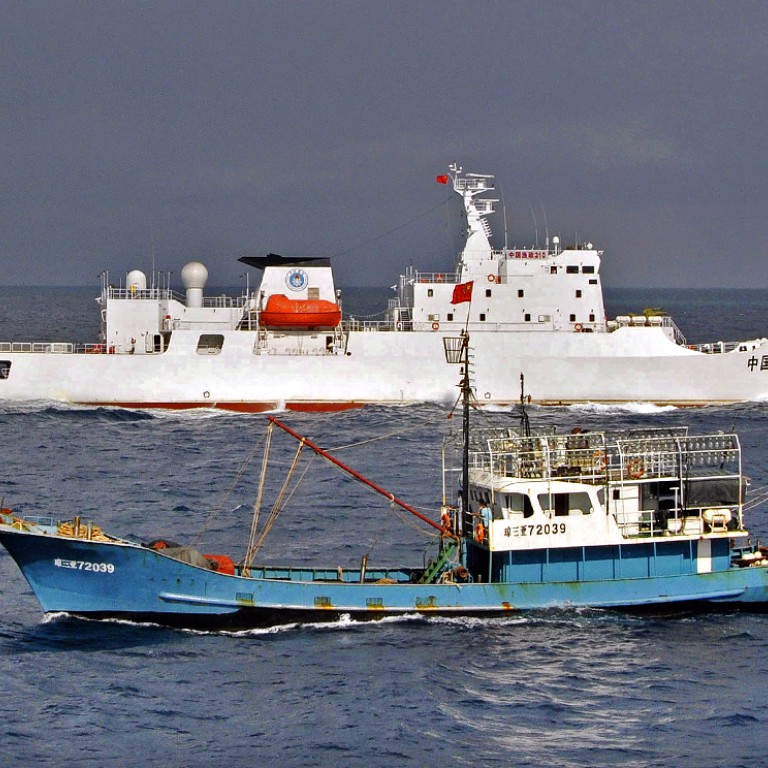
China releases paper denouncing Philippine 'pressure' over sea dispute arbitration
Position paper maintains insistence on bilateral talks with Manila
China yesterday rejected an attempt by the Philippines to challenge its vast territorial claims over the South China Sea through international arbitration, a week before a deadline for Beijing to respond to the case.
In a position paper, China outlined its arguments against the jurisdiction of the Permanent Court of Arbitration at The Hague to take up the case filed by the Philippines last year that could have implications for Beijing's claims over the South China Sea.
The document, released by the Foreign Ministry, reiterated that China would "neither accept nor participate in the arbitration", arguing Beijing believes a United Nations arbitration tribunal lacks jurisdiction over a territorial dispute between countries.
China claims almost the entire South China Sea, rejecting claims to parts of it from Vietnam, the Philippines, Taiwan, Malaysia and Brunei. It has a dispute with Japan over the Diaoyu islands - or Senkakus to the Japanese - in the East China Sea.
China has long rejected arbitration, insisting it would resolve disputes bilaterally. The tribunal has given China until December 15 to reply in the case.
The paper also said that Beijing had declared in 2006 that it would not accept compulsory arbitration or other dispute settlement procedures outlined in the United Nations Convention on the Law of the Sea in regard to sovereignty, even though China is a signatory to the convention.
Xu Hong, head of the ministry's treaty and law department, said the paper did not constitute a response to the tribunal and that the timing of the paper had nothing to do with the December 15 deadline, according to an interview with Xinhua.
While the paper did little more than elaborate details of China's existing stance, analysts had mixed views on its release. Some called the document's release a "proactive" move while others said it was a "preemptive" move to cushion international fallout from an unfavourable decision at The Hague - even though Beijing is not required to attend the arbitration nor abide by its decisions.
Zhuang Guotu, the director of the Southeast Asian Studies Centre at Xiamen University, said releasing the position paper was more "proactive" than simply not responding to the case.
"By releasing the paper, China wants to show it respects international laws, but also insists that disputes between two countries should only be solved through bilateral talks," Zhuang said.
Du Jifeng, a research fellow at the Institute of Asia Pacific Studies of the Chinese Academy of Social Sciences, however, called it a "pre-emptive" move as Beijing expected that a verdict arising from international arbitration would bring upon it more international "moral pressure".
Beijing could choose to ignore the arbitration, and the verdict itself was not legally binding, Du added. "But China may find itself more isolated internationally as the convention is still endorsed by a majority of countries, even though Beijing does not accept the arbitration."
The Philippine government said it would study China's paper and might issue a response later, Charles Jose, the Department of Foreign Affairs spokesman, said.

